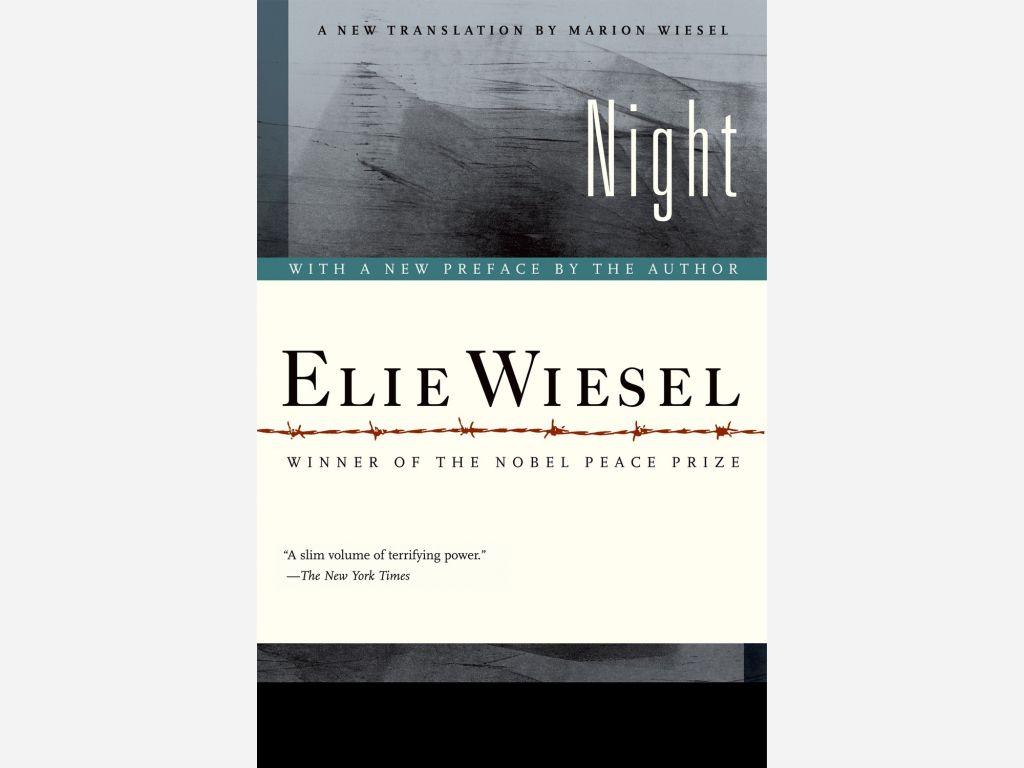By Nur Adilah Ramli
“Night” by Elie Wiesel is a narration of the author’s first-hand experience being a captive of the Nazis during the Holocaust nearing the end of World War II. At 15, he testified to and tasted the horrific ethnic cleansing and war crime.
By virtue of being a Jew, Wiesel, his family, and millions of Jews in Germany were forced to leave their residences. Treated like animals, they were put in concentration camps, leaving all their valuables behind. Having been separated from her husband, a woman went hysterical, and kept saying that she saw fire. Along the way, many times she screamed the same thing – that there was fire – when there wasn’t. But there at the first concentration camp they were brought to, their eyes caught the flames coming from a tall chimney – the chimney of a crematorium where people were thrown into the fire.
No different than prisoners, the Jews were only given bread and soup daily to keep on going. With not enough food, they were forced into labour. But before that, they had to undergo what was called as the ‘selection’. They had to give their all in the test because if they didn’t, they would be murdered. The many selections that Elie and his father had, in a few different camps, tired them out but knowing that they had each other, they pulled through. But when it was close to liberation, his father could no longer survive; he could already see his death coming.
***
“Night” is told by the Holocaust survivor, Elie Wiesel, who lost his whole family to the bloody event. Before the tragedy, he clung firmly to his religion. The plights he bore resulting from the event, however, had shaken his faith as he questioned God’s justice. He wondered where God was when the Jews were brutally oppressed and mercilessly massacred. He thought God wasn’t listening to his prayers and so gave up on his religion as God didn’t save him and his people. But nevertheless, he found himself forming prayer to God – the God that he claimed to no longer believe in.
This autobiography is a testament that hope keeps one alive. Without hope, Elie Wiesel might not have been able to survive the tragedy. This book is also about the belief in God; though Wiesel, at one point, lost faith in religion, it is through his prayer that he gathered strength. It is also about love. Between Wiesel and his father, love was the chain that made them survive yet another day. But death is certain, and everyone would have a taste of it. Though the father didn’t make it through at last, he had battled ferociously and it was time for him to finally rest.
Top of all, this book shows the ugly side of human. The Holocaust, which caused the death of six million Jews, was the aftermath of hatred that ruined humanity. Hatred, in fact, has been ruining humanity until this second. That, we know, but we don’t really care, do we? ***
